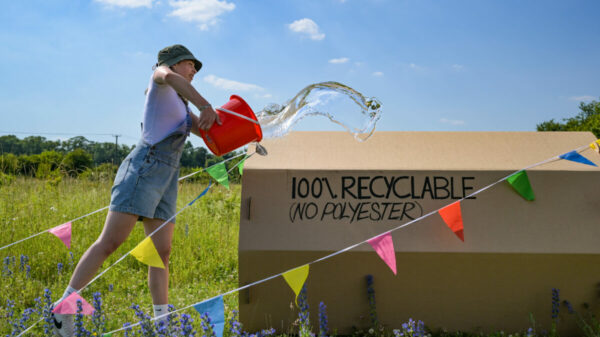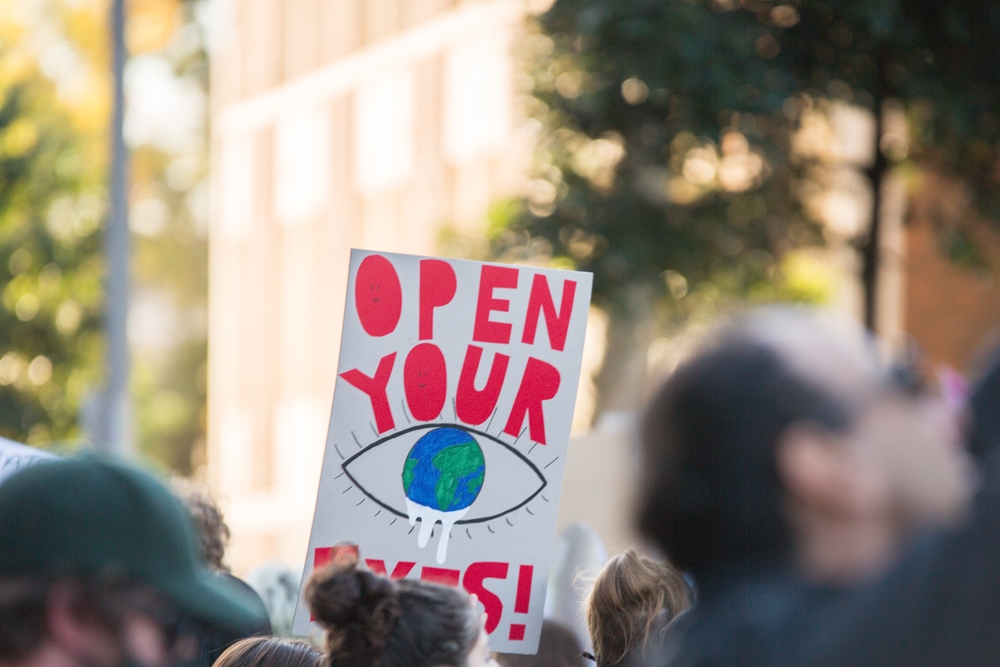Aldi is rolling out 100% recycled plastic (rPet) in some of its own-brand washing up liquid bottles, saying the move is expected to save 500 tonnes of virgin plastic annually.
The discount grocer is rolling out the recycled plastic bottles across its standard Magnum washing up liquid, as well as its Antibacterial and 1 litre Magnum Classic variants – excluding the caps and labels – nationwide.
Aldi is on a recycling surge, after recently rolling out recyclable butter packaging and moving its entire own-label soft drinks category to be packaged in 100% recycled plastic.
Aldi says its latest recycling change is expected to save over 500 tonnes of virgin plastic annually, while the supermarket has also reduced the weight of the bottles, which will save a further 106 tonnes of plastic per year, it says.
The move is part of the retailer’s target to include 50% recycled content into its plastic packaging by 2025 and follows a switch to 100% rPET on all own-brand soft drinks and bottled waters in England and Wales last month.
Subscribe to Sustainability Beat for free
Sign up here to get the latest sustainability news sent straight to your inbox everyday
In a further bid to cut plastic usage, Aldi has also decreased the weight of the packaging on its Almat So Soft fabric conditioners, resulting in 50 tonnes of plastic being saved annually.
Saving weight with packaging allows for a lower usage of plastic, Aldi points out, while there is no impact on the product quantity for customers.
Aldi UK plastics and packaging director, Luke Emery, said: “At Aldi, we know that our customers are becoming increasingly concerned about the environment, and cutting back on plastic usage is just as important to them as it is to us.
“While the challenge of plastic packaging is significant across the industry, we are committed to minimising our impact wherever we can.
“Transitioning to recycled materials in our washing up liquid range and lowering the weight of our fabric conditioners are just two examples of our ongoing efforts to do so.”










